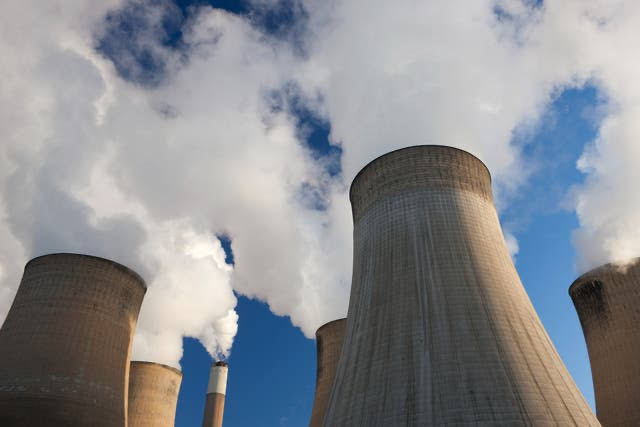In a significant move towards reducing greenhouse gas emissions, the Group of Seven (G7) nations have agreed to phase out coal-fired power plants by the first half of the 2030s. This decision, reached by energy ministers during a meeting in Turin, Italy, marks a major step forward in the global fight against climate change.
The G7, which comprises Canada, France, Germany, Italy, Japan, the United Kingdom, and the United States, is responsible for a significant portion of global energy consumption. Phasing out coal, the most polluting fossil fuel, is seen as a critical step towards achieving the goals of the Paris Agreement on climate change.
Details of the Agreement and Challenges Ahead
Italian Energy Minister Gilberto Pichetto Fratin, who chaired the meeting, highlighted that a technical agreement had been reached, with the final political deal expected to be formalized on Tuesday. The final communique will outline the specific commitments of each G7 nation towards decarbonizing their economies.
While details regarding the specific phase-out schedule for each country are still being finalized, the agreement signifies a collective commitment to move away from coal. Some G7 members, like Italy, have already set more ambitious timelines for themselves. Italy aims to shut down its coal plants by 2 thousand and twenty-five, with the exception of those on the island of Sardinia which will be decommissioned by 2028.
However, challenges remain for countries like Germany and Japan, where coal dependence is significantly higher. In these nations, coal-fired power plants generate over a quarter of their total electricity. The transition away from coal will require significant investments in renewable energy sources and grid modernization.
Beyond Coal: Exploring Alternative Energy Solutions
The G7 discussions also explored potential restrictions on Russian liquefied natural gas (LNG) imports to Europe. This issue is being considered as part of a broader strategy to reduce reliance on Russian energy supplies in the wake of the ongoing war in Ukraine.
Nuclear energy and biofuels were also on the agenda, with both options being mentioned as potential pathways for G7 nations to decarbonize their power generation and transportation sectors. The final communique is also expected to address the need for a significant increase in battery storage capacity, a crucial element for integrating renewable energy sources into the grid.
The G7 agreement to phase out coal is a positive development, but it is just one step on the long road towards achieving global climate goals. Continued international cooperation and investment in clean energy technologies will be essential to ensure a sustainable future.
Source: Reuters



